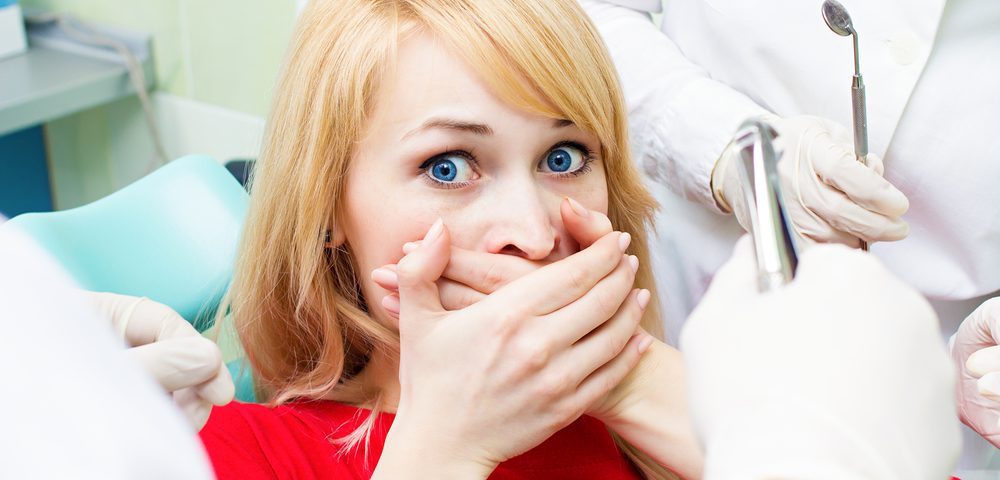
Improve Your First Impressions with a Smile Makeover
September 7, 2018
What Your Favorite Beverages Do to Your Teeth
September 21, 2018Gum disease affects nearly half of American adults over 35, and many of these people may be unaware of their condition. Periodontitis is often referred to as a “silent disease” because some patients do not notice any symptoms and only find out when they are diagnosed by a dental professional. Considering all the things gum disease can take from you (such as your oral health, your fresh breath, your gum tissue, and your teeth), “silent thief” is an appropriate moniker!
Have you had an oral health check recently? Visit Smiles 4 Grant Park for preventive care and Grant Park gum disease treatment. Dr. Abbey Lee can help you understand the warning signs of gum disease, as well as your treatment options. Call us today at 404-328-7177 for an appointment.
What Everyone Should Know About Gum Disease
Gum disease may be more common in older populations, but it can strike anyone at any age. Teenagers can be diagnosed with gum disease. It happens when mouth bacteria begin to colonize the tissues between the teeth and gums, around the gum line.
Aboveground, bacteria wreak havoc on your teeth when their acidic excretions dissolve enamel and create cavities. Those acids also damage your health below the gum line, by weakening tooth roots and killing gum tissue. Once bacteria get below the gums, acids cause gingival tissues to die and recede, leaving you with pockets of space around the tooth. This extra space makes room for more bacteria, which create more acids, and cause more tissue death. If you don’t seek help from a dentist with periodontal treatments, you are on a fast road to lost gum tissue, an increase in cavities, and destabilizing your teeth. Neglect a gum disease diagnosis, and you may find yourself on a slow road to dentures.
How Gum Disease is Diagnosed
Some warning signs for gum disease may include obvious gum tissue symptoms:
- Bleeding gums
- Swollen gum tissue
- Sore gum tissue, after you brush and floss
- Red gums (healthy gums should be pink)
However, these signs will not be present in every patient. The only way to know for sure whether you have gum disease is to have a dental professional measure the space between your teeth and gums. If the depth of your periodontal pockets is greater than 3 millimeters, this tells us that your gum tissues have been damaged by bacteria. The greater the pocket depth, the more severe the case of periodontitis.
What You Can Do to Prevent Gum Disease
Good daily oral hygiene is the most important thing you can do to prevent gum disease. Brush the teeth twice a day, using a fluoride-containing toothpaste, and floss every day. If you’ve only been flossing intermittently, start flossing daily for two weeks straight, and your gums should stop bleeding as they get stronger. Daily flossing is a key element of gum disease prevention. Antiseptic rinses can also help keep mouth bacteria in check, but are not considered essential for good oral health.
Anything that can irritate the gum tissues may make them more susceptible to gum disease. This includes using tobacco products or vaping, as well as heavy alcohol consumption. If you partake in any of these particular vices, share this information with Dr. Lee, so we can monitor your gum health appropriately.
Hormonal changes and medical conditions can also make you more vulnerable to developing gum disease. For example, women who are pregnant or going through menopause tend to have an increased risk of gum problems. If you experience dry mouth as a side effect of medications, this can weaken your body’s ability to fight bacteria.
If you are concerned about gum disease prevention, is see your dentist every six months for routine preventive care. At these appointments we can monitor your oral health and tell you if you develop gingivitis, a reversible precursor to gum disease. Periodontitis is not reversible, but gingivitis is. When you see a dentist regularly, you have the opportunity to catch gum disease before it happens and, hopefully, prevent it. Should you already be experiencing gum recession, Dr. Lee provides periodontal therapy and pinhole technique gum treatments, which can restore lost gum tissue without major surgery.
Visit Smiles 4 Grant Park to learn more about Grant Park gum disease treatment and prevention. During your appointment, we will help you understand the best way to promote good gum health. Call our Grant Park dental office today at 404-328-7177.


